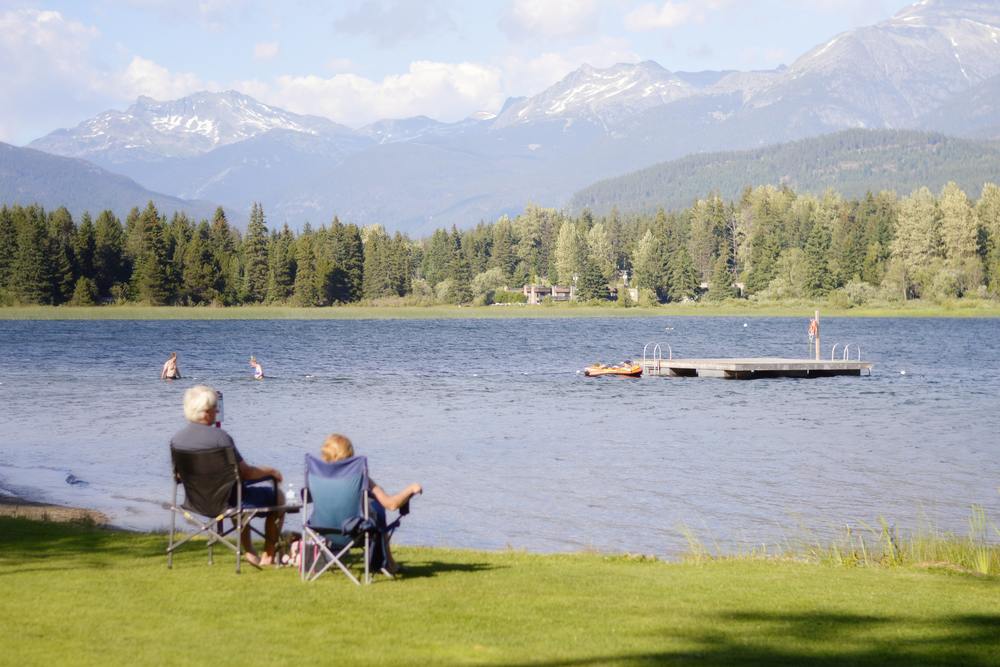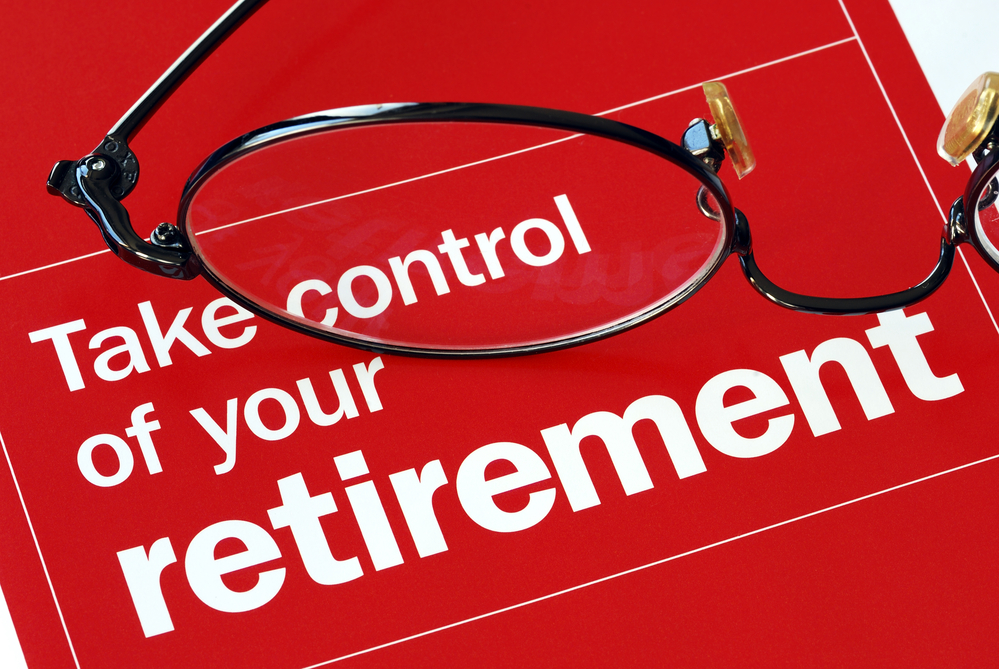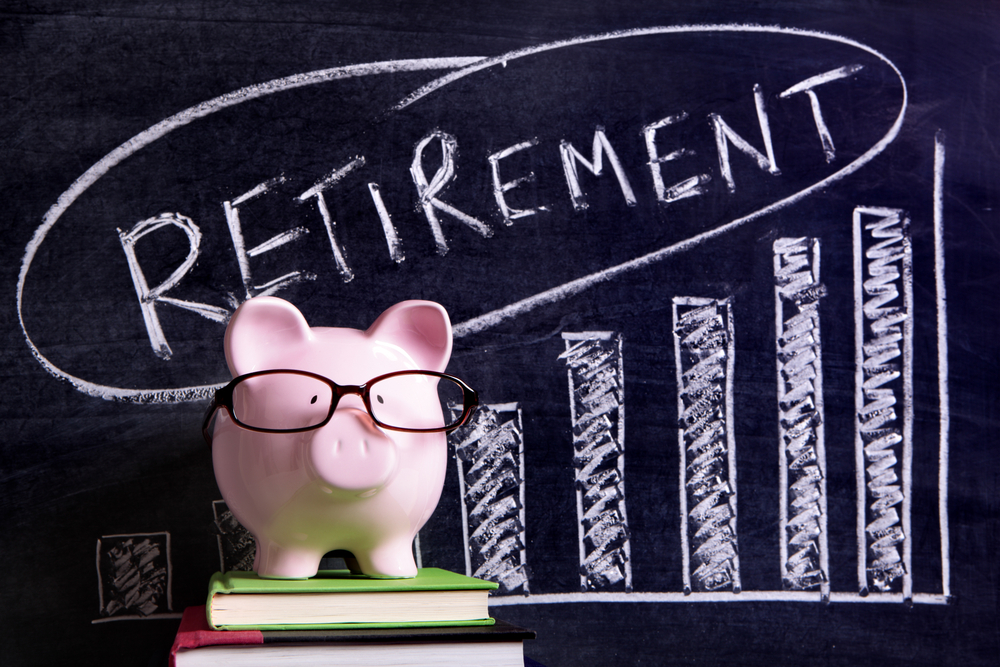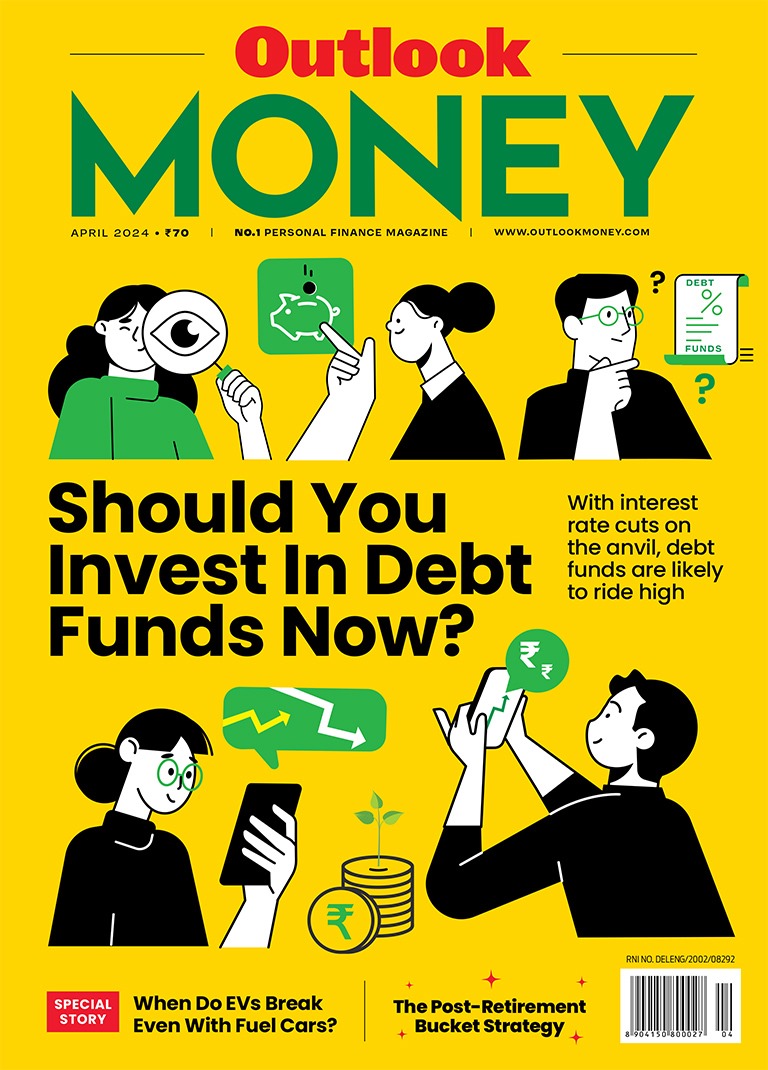He Who Retires Last, Retires Best
Reduction of risk is often a rather fine exercise, it needs both skill and patience

The early days of a normal individual’s retired life can be best described as the triumph of hope over anxiety. Only the luckiest among us can sustain that joyous feeling for the rest of our lives. However, most people, for want of a better word, are ill-fated on that front. They must slog hard, pay expenses, and even hustle a bit, in order to maintain their lifestyles. And after taking care of rising food prices, steeper medical costs, higher fuel prices, and so on, that appears to be a mammoth task indeed.
A scenario like this would, of course, not unfold if you had lived a frugal existence. Or if you had done all the right things – started early, selected the right financial products, invested methodically, and reaped the benefits. Or if you had extraordinary luck at your disposal and was actually identified as a sole surviving relative of an insanely-rich uncle and the beneficiary of his estate.
None of these things happened in your case, and, lo and behold, we are back where we started: the tug-of-war between hope and anxiety. You could become utterly hopeful because you think your savings would just be enough to sustain your post-retired days. Or, at the other end of the spectrum, you could become truly anxious, because of the gnawing feeling that your kitty would get depleted sooner (or worse – you would actually outlive your wealth!)
At any rate, a large number of not-so-lucky investors would need to be reminded of my latest dictum: he who retires last retires best.
I would take a minute of your time to explain. Imagine you have worked hard all your adult life and have happily retired when superannuation time came. You are physically fit, and your bank account records a fairly decent figure. You have sundry investments – stocks, mutual funds, precious metals, and maybe, just maybe, even an apartment or two registered in your name. There is health insurance too. And you know all these would be enough to meet your current needs.
Now, imagine just the opposite. You have precious little to spare, a state of affairs that is too distasteful for you to discuss. For all you know, the rest of your days would be nightmarish – just about enough for two square meals, limited access to utilities, and practically no luxuries. You are healthy enough, you do have a modest insurance cover, but then you never had proper medical insurance. You do have a couple of fixed deposits in PSU banks, but then you had never invested in the stock market. You do have a rented flat to live in, but then you never purchased your own accommodation.
In short, there could be endless hardship and suffering waiting for you after retirement. Be prepared for such a fate if you have not ticked all boxes correctly. The act of ticking the boxes is, of course, spread over a lifetime, the average individual often takes decades to settle down properly. Only the luckiest income-earner can truly be the master of his own fate.
This brings us to the gospel I was about to preach – the one who retires last, retires best. I refer especially to the person in the first scenario. Although he is happily retired, there would be actually no retirement. In other words, there would be no staying away from work. That is because he would have to be vigilant at all times.
He must be conscious of market trends, constantly take care of his portfolio, clear statutory dues, remember premium payment deadlines, keep his bank account funded for regular SIP debits, pay income tax right on time. He also needs to do periodic meetings with intermediaries and advisors – for all you know, an army of bankers, brokers, insurance advisors may be waiting to interact with him.
An individual like the one I mention needs to lead a disciplined life. His strength does not merely lie in his formidable net worth. It actually draws sustenance from his commitment to fortify his retirement nest egg. The latter needs all the nourishment it can find. Such an individual, therefore, would retire in a conventional manner but he would stay committed nonetheless.
Importantly, the smart retiree would take a call on his asset mix. “Should I alter my allocation style, now that I have retired from active work?” This question needs a flawless answer right at the beginning. Perhaps a tilt towards debt (fixed-income may even look like a charming idea at this stage) should be considered. A gradual phase-out of commodities may also be a smart measure to adopt. A parcel of land that is lying unattended for a long time may also be sold.
Steps like these would be generally important for a person who wants to share his risk. A new retiree would probably have to take significant decisions insofar as his risk profile is concerned. Reduction of risk is often a rather fine exercise, it needs both skill and patience. At the end of the day, only an intelligent individual would win the day.
The author is Director, Wishlist Capital Advisors









